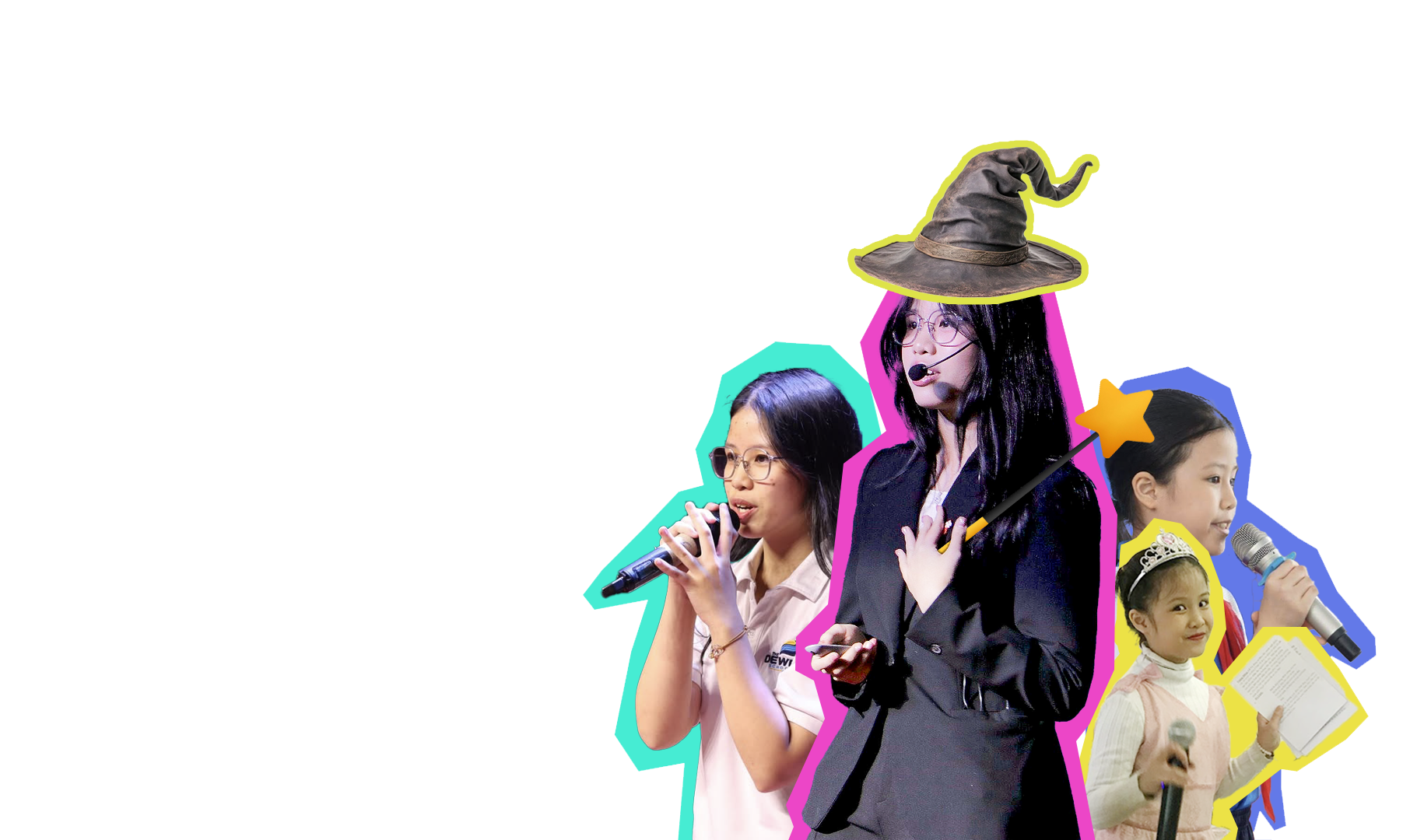
CHAP 1
SPEAK TO EMPOWER
The first time I held a mic, I thought I was Harry Potter bearing a lightning scar. I thought I was the chosen one: chosen by my teacher to be the MC, chosen to speak, chosen to stand in front of everyone. Every pair of eyes turned to six-year-old me in my frilly pink princess dress, and the mic in my hand. In that moment, with all the attention hanging on my chirpy voice, I felt powerful.
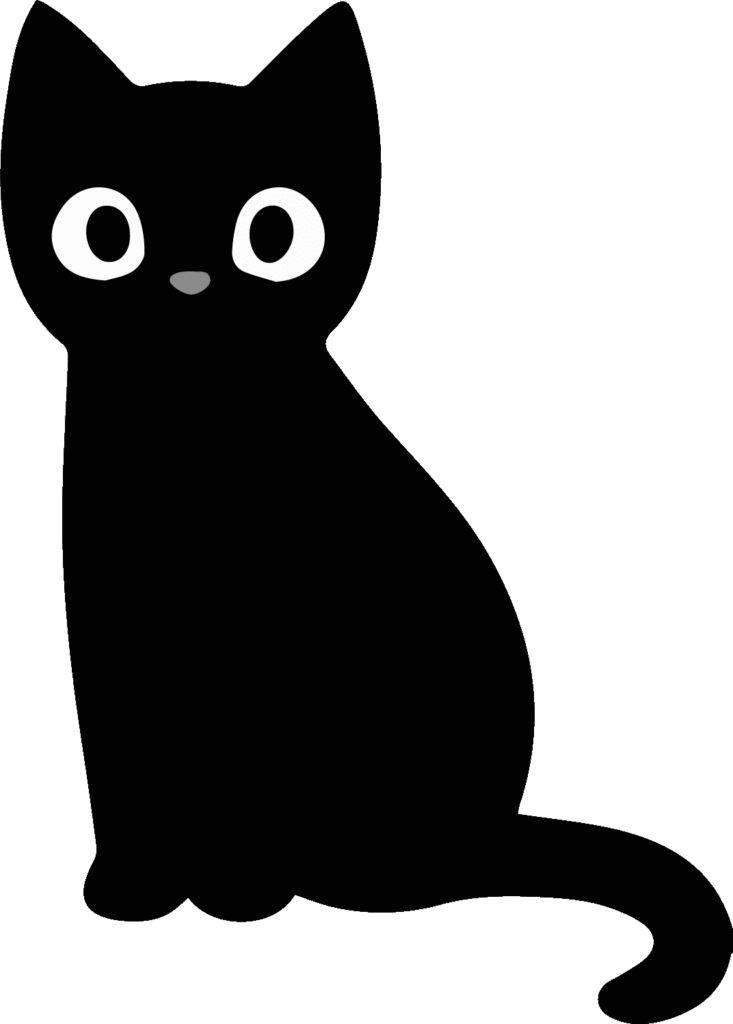

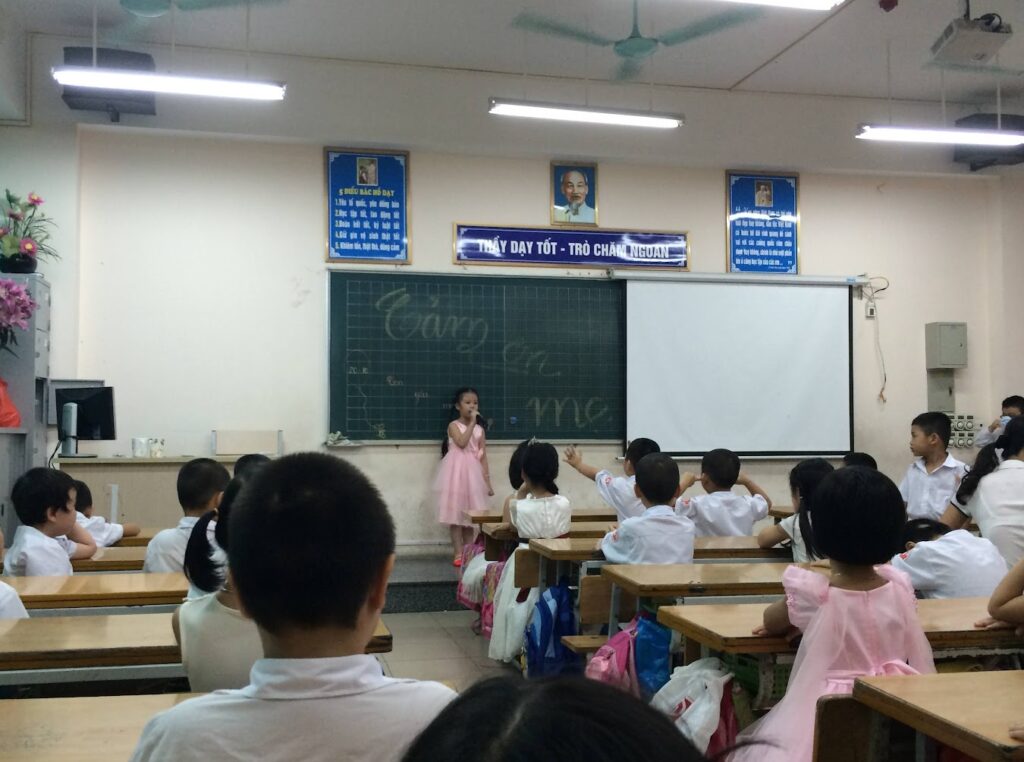
The Chosen ONE
Yet, unlike Harry Potter’s scar, I quickly learned that the mic can be taken away from me when I moved to a new school in grade 4. “It’s okay, you’re just new here.” I told myself that as my teacher’s eyes swept the room… and skipped right over mine. She was choosing an MC for our class performance in front of the whole school. The first student stepped up, script in hand, only to be rejected by the extracurricular activities supervisor.
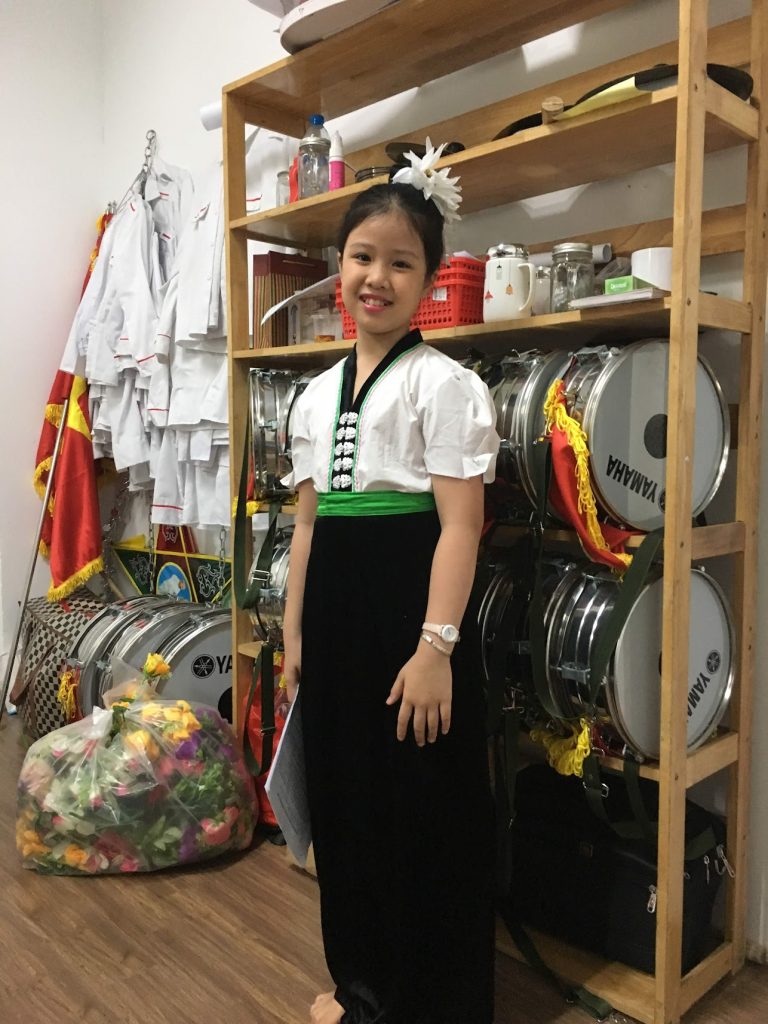
“It’s okay, she’ll call you soon,” I whispered again as my teacher’s second and third choices were turned away too.
When the third rejection came, my teacher finally sighed and asked, “Any volunteers?”
My hand shot up before she finished. It wasn’t just about hosting a performance. It was the moment I learned that I won’t always be “the chosen one”, that I would have to “choose” myself, and advocate for my own voice to be heard.
Chosing my self
So as I entered secondary school, I began chasing every opportunity to speak. I signed up as an MC at school events again, raised my hand first in class, and took the lead in group projects. Yet no matter how many times I spoke, I still felt unsatisfied. I wanted something bigger, something that could push my voice further. So I kept searching.
Eventually, I found debate, a stage that challenges me to approach problems with creativity, connect ideas into more meaningful connections, synthesize complex information, and shape it all into an articulate, persuasive speech. It challenged me to think faster, connect ideas deeper, and turn logic into art. I fell in love with it: the rhythm of rebuttals, the adrenaline of clashing arguments, the satisfying thud of the timer as I finished a strong point.
But somewhere in that rhythm, I started to love winning more than understanding. I began speaking to dominate, not to connect. Each round became a battlefield, each argument a way to prove I was right. And for a while, that power felt intoxicating. With every victory, I believed I had reclaimed my destiny of “owning” the mic.
Before long, I began mistaking being loud for being strong. In a debate tournament’s semi-final in grade 7, my aggressive speaking style cost me a friend despite winning the round. My team was cheering, yet all I could see was my friend walking off the stage without looking back.
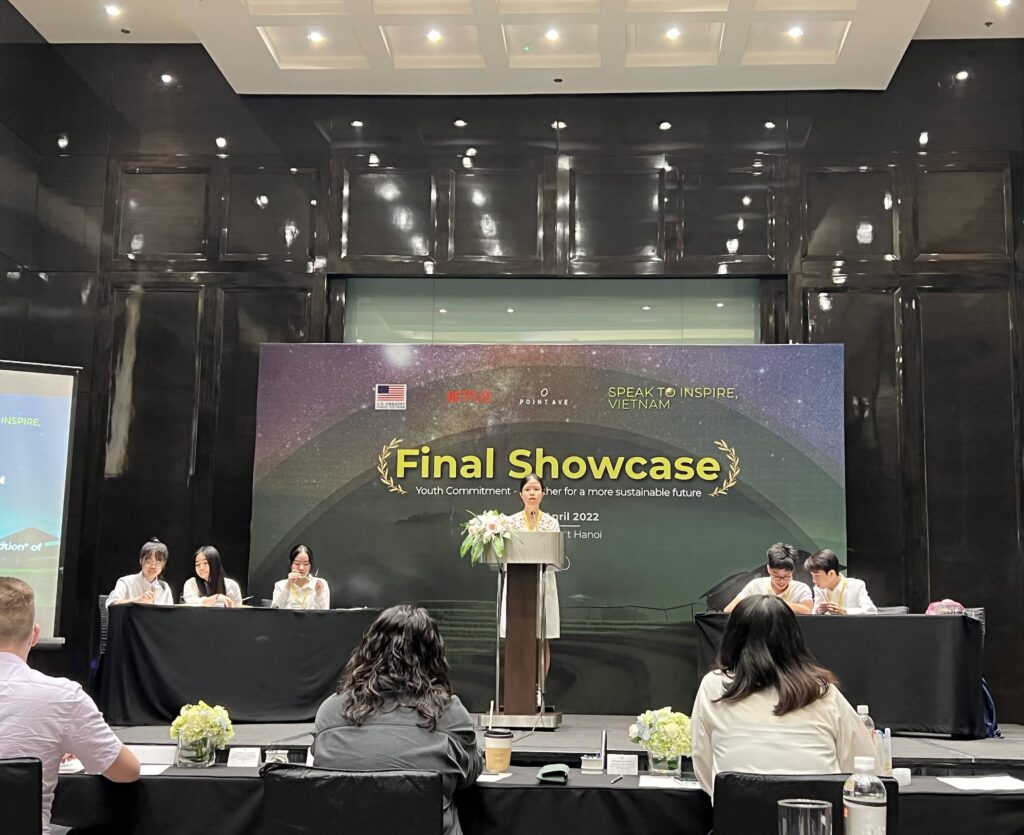
Thus, I started to listen more, both in debate and in daily conversations, and tried to approach every round with a diplomatic style: measured tone, calm pacing, and precise word choice that conveyed confidence without aggression.
I also searched for new spaces to speak, hoping to discover the identity of my voice and the impact it could have. That search led me to Model United Nations, where I entered my first conference in grade 8 as the youngest delegate. I didn’t win any awards, but that conference showed me a different way to use my voice: one of collaboration and diplomacy.
PASSING THE WAND
When I stepped onto my first TEDx stage in 10th grade, the spotlight wasn’t just on me; it was on the story I wanted to tell. With the theme Breaking Barriers: Innovation, while many speakers focused on technology, I spoke about a quieter breakthrough: learning to stop chasing validation and start creating meaning for my own.
Standing on that stage, I shared how true innovation doesn’t always come from inventions or machines, but from re-inventing ourselves: pausing to look inward, to understand where we’ve been, and why we began.
As I concluded “In a world that often places immense value on external validation, you just need to be a better version of yourself than yesterday. That is already breaking a barrier and creating innovation for yourself”, I found myself speaking less to an audience and more to the version of me who once needed to hear it, the girl who was desperate to prove her worth to others, and was just starting to understand the strength of her own voice: to inspire, not just dominate.
In grade 11, on a charity trip to renovate a school in Yên Bái, a mountainous, underserved region in Vietnam, I hosted a quiz game for the local children. Among the sea of worn-out jackets and eager hands, one boy stood out: small, wrapped in a brown-orange coat, wobbling on a plastic chair as he reached his arm high above his head. I stepped toward him to hand him the mic, but someone behind me whispered “He can’t speak. He’s mute.”
For a moment, I hesitated. The mic suddenly felt useless in my hand. Yet his eyes were bright with anticipation: he didn’t want to speak; he just wanted to join.
I paused. Then I reached the mic out anyway. As I handed the mic to the boy, I thought “Even if he couldn’t speak, maybe just holding it could make him feel like the wizard in his own story.” He didn’t say a word. Instead, he just stared at me with wide, sparkling eyes and smiled.
In that boy, I saw a reflection of myself, not in what he could say, but in what he wished to say. The longing to be seen. The quiet hope to belong.
Harry Potter may have been handed his destiny with a scar, but I learned something different.
Your “magic” isn’t in being chosen. It’s in choosing: choosing to use your voice for something bigger than yourself. And while I may still love holding the mic, I now know that the real spell is cast when I pass it on.
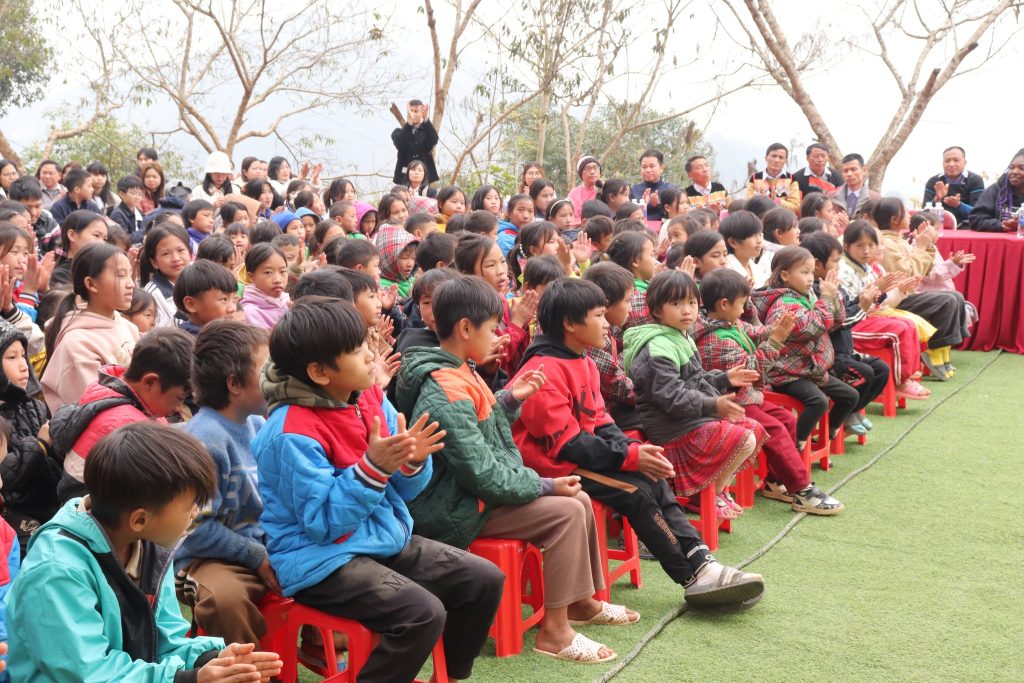
NEXTGEN VOICE
Public speaking bootcamp
On a humid summer afternoon, I pulled out a few folding chairs and a whiteboard marker, gathering five neighborhood kids whose parents had asked me to watch them while they were at work. What began as a way to keep them entertained soon turned into our little speaking class, the seed that would grow into NextGen Voice, a youth oratory and media literacy bootcamp helping students discover confidence through communication. Over two years, I designed and led two 6-week intensive programs for more than sixty secondary students, combining debate, reporting, and editorial writing into one progressive curriculum. Each week, I watched shy voices grow stronger through games, interviews, and storytelling challenges designed to teach not just how to speak, but how to speak ethically.
During breaks, I’d flip through their reflection notes, pages dotted with uneven handwriting and doodles of microphones. “I learned how to catch people’s attention,” one scribbled beside a tiny stick figure on a stage. Another wrote in bright pink ink, “Fake it till you make it really works!” with three exclamation marks that made me laugh.
The bootcamp culminated in an internal capstone, Being a Junior Reporter, where every student produced their own short video report. To expand beyond the classroom, I created the public contest Junior TV Editor 2025, drawing over thirty youth-produced videos and thousands of online views.
Yet, my proudest moment came quietly, when my introverted, soft-spoken younger brother, one of my students, delivered the opening of his team’s presentation. His voice trembled at first, then grew steadier, carrying a striking tone and confident body language. When his eyes met mine, seeking reassurance, I didn’t just see my brother, I saw how far he’d come, and how far I had too.
Watching him stand tall where I once hesitated, I felt a quiet fulfillment bloom inside me. For years, I had chased the mic to prove myself. But in that moment, I realized the most meaningful part of finding your voice is helping someone else discover theirs.
For me, NextGen Voice isn’t just about teaching public speaking, it’s about giving young people a platform to speak for something.